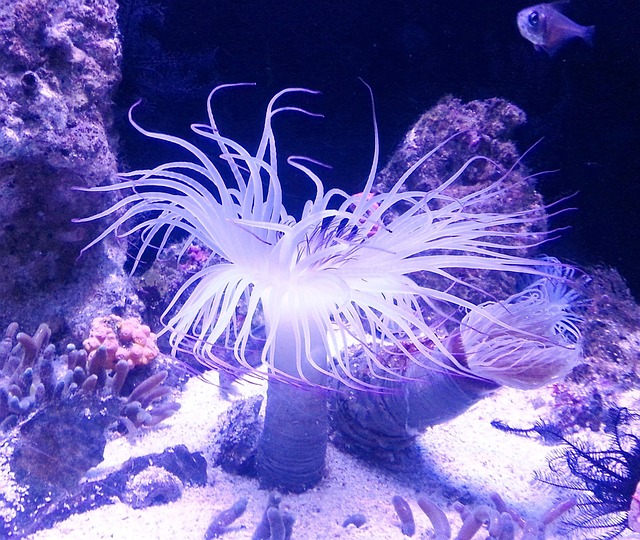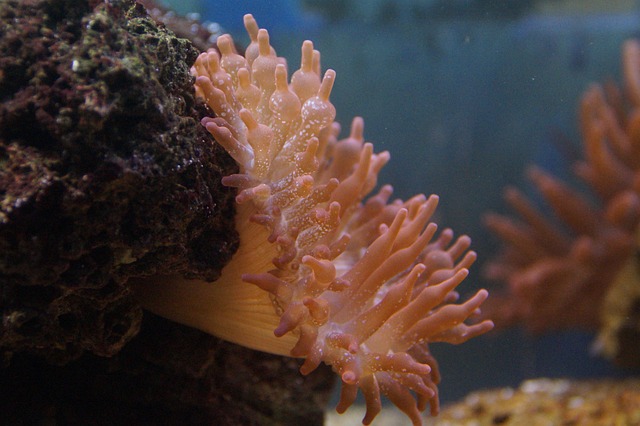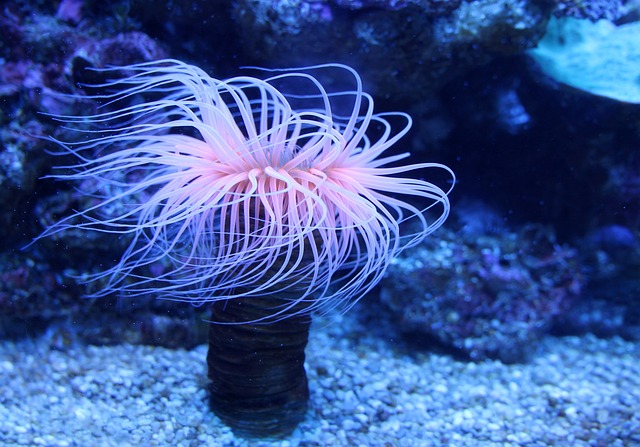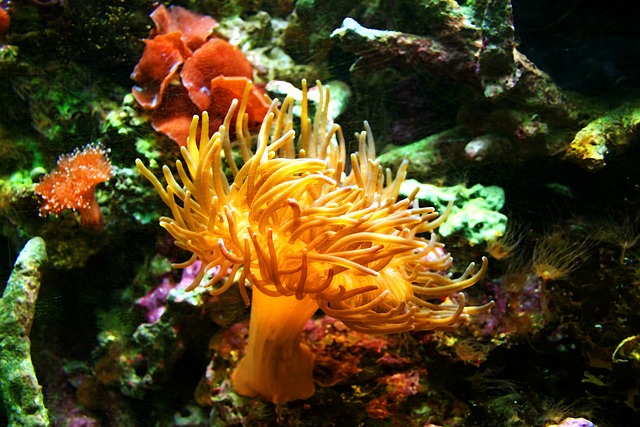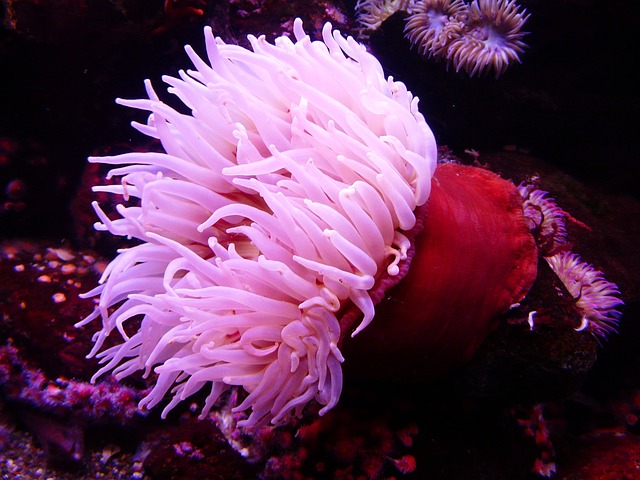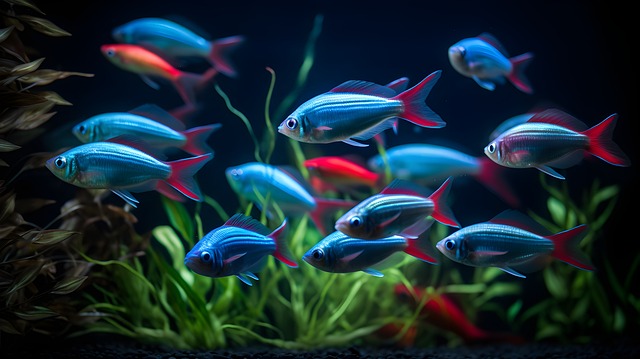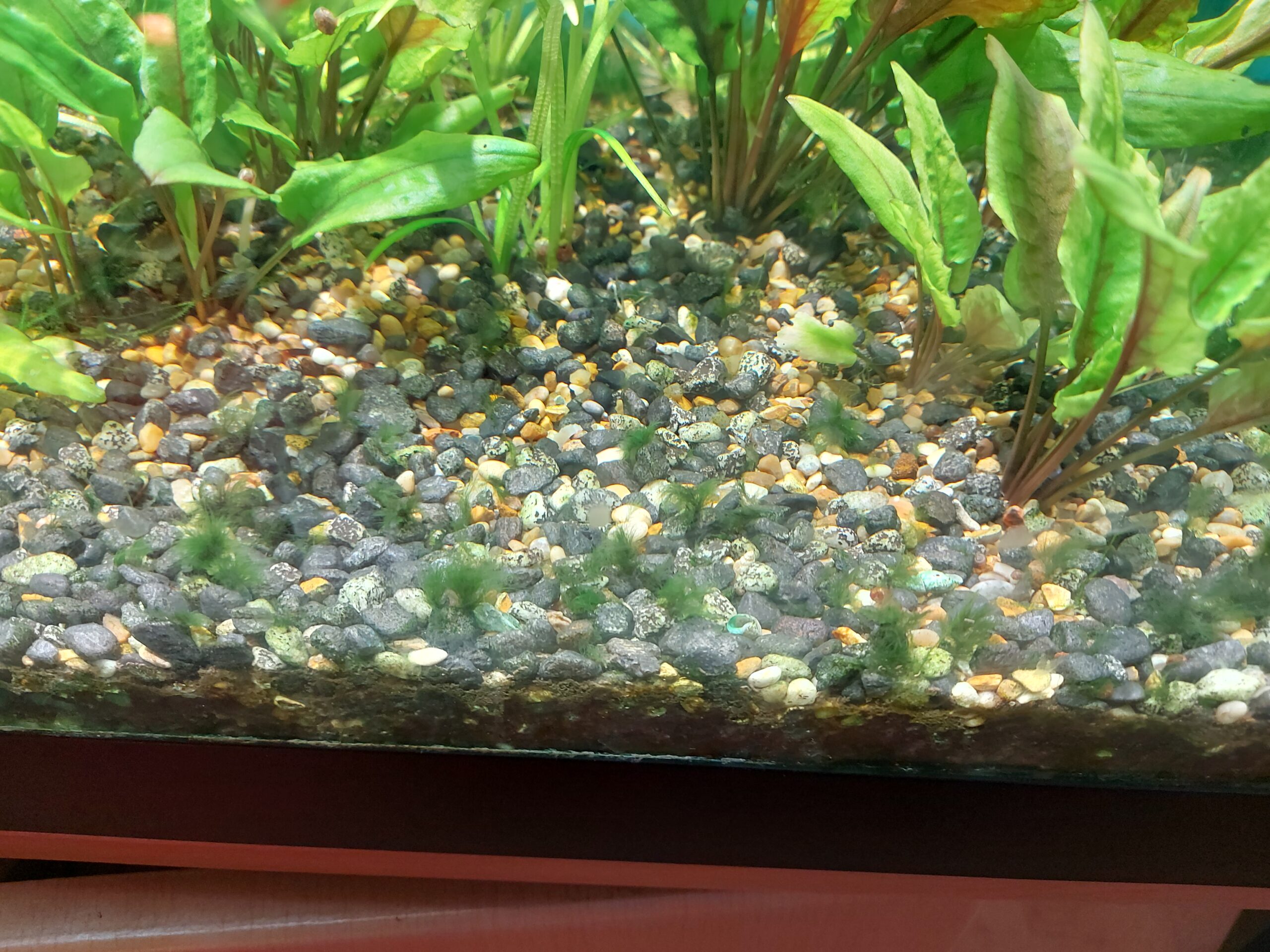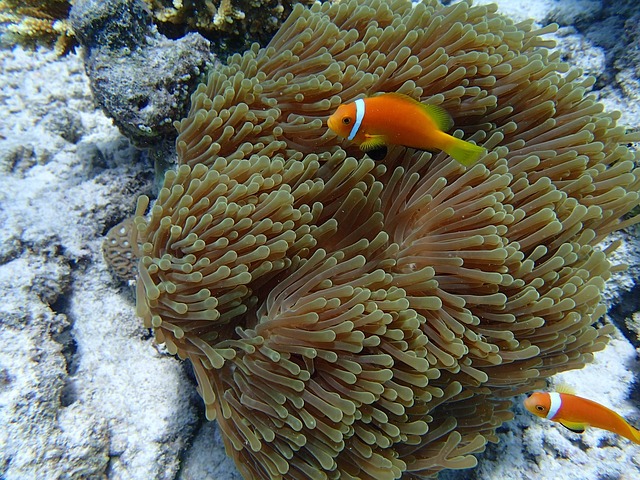
Can Sea Anemone Kill Fish: Understanding the Risks in Marine Ecosystems
Sea anemones are intriguing marine creatures that often catch the attention of both casual observers and marine biologists due to their vivid appearances and unique hunting methods. Known for their symbiotic relationships with clownfish, anemones are generally not seen as a threat to fish. However, the reality is these organisms are carnivorous predators equipped with…

